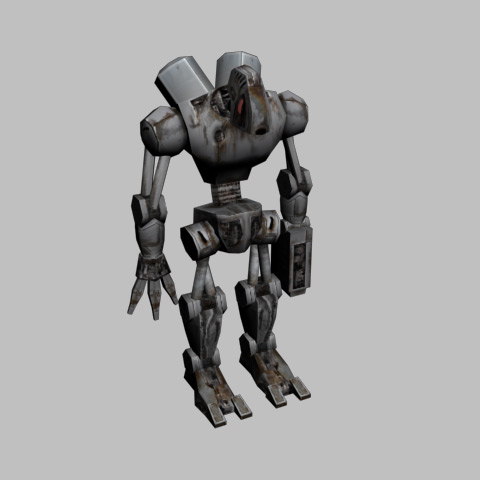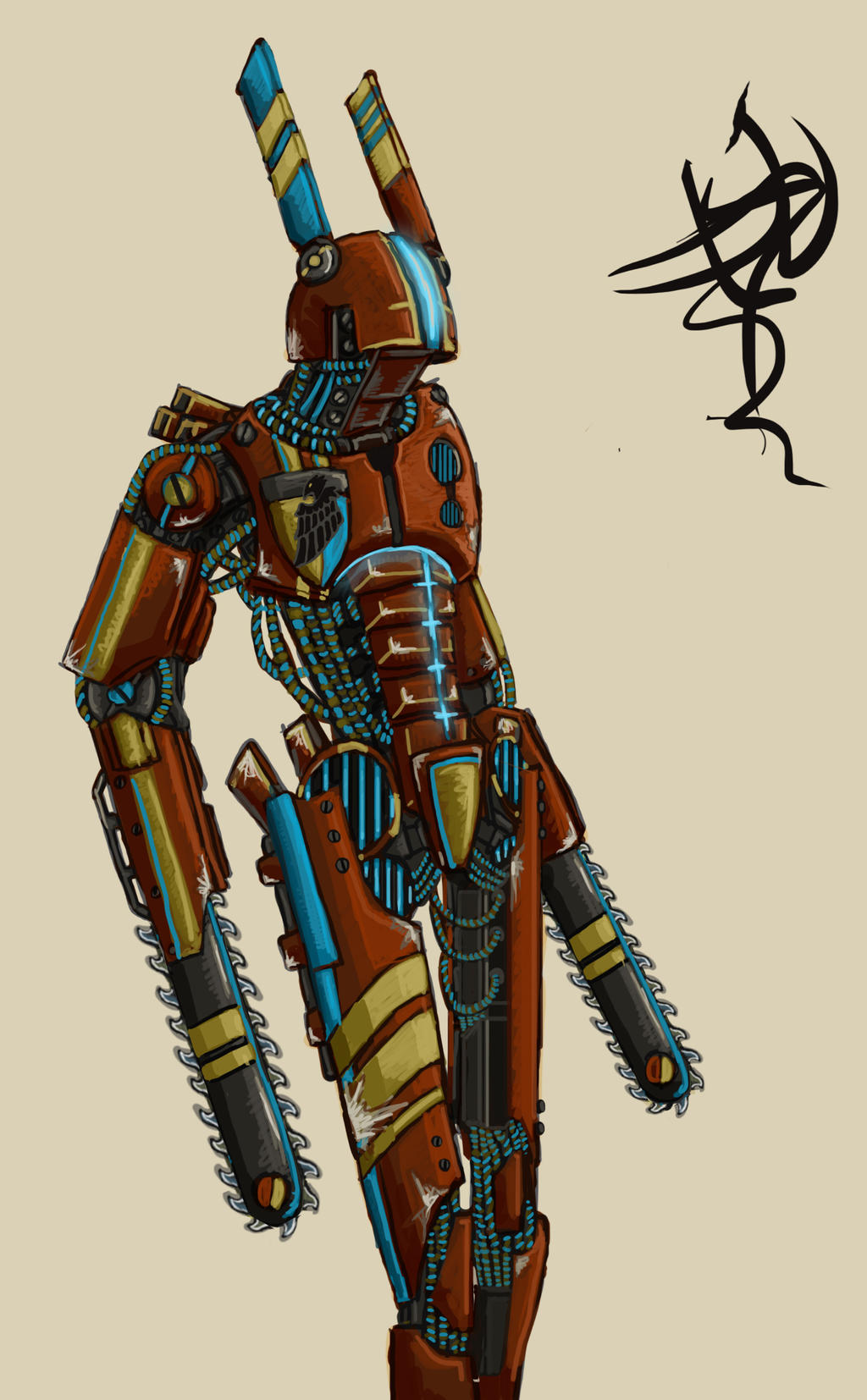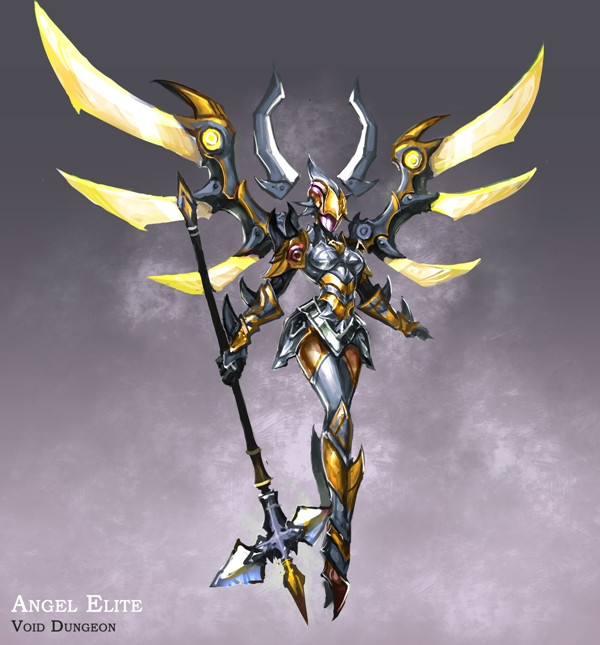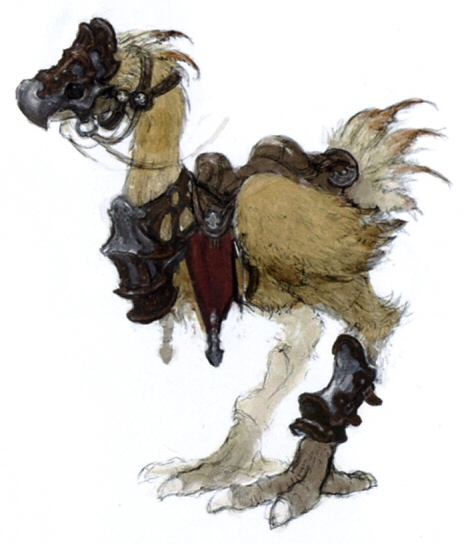Wolf of Night
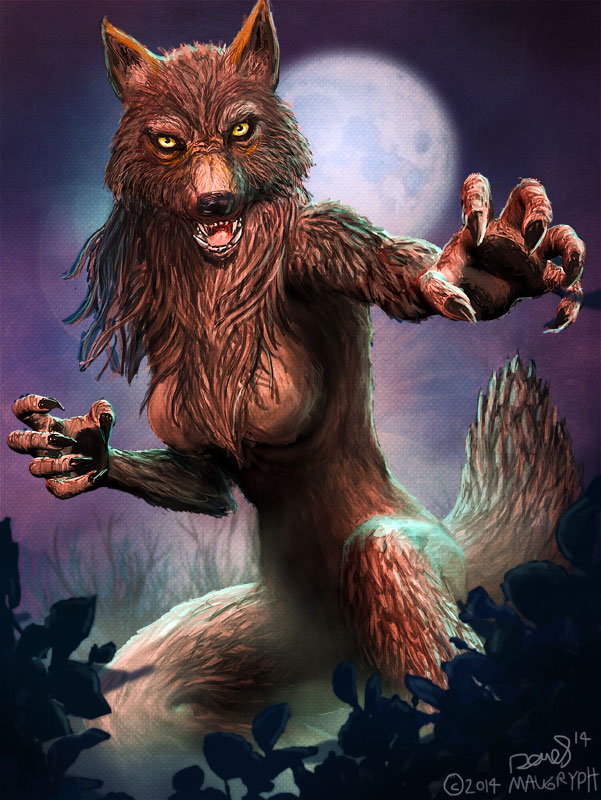
Size/Type: Medium Humanoid (Shapechanger)
Hit Dice: 12d6+48 (100hp)
Initiative: +9
Speed: 40ft. 60ft. (Animal form)
Armor Class: 33 (+9 dex, +6 magic clothing, +4 deflection, +4 natural)
Base Attack/Grapple: +12/+16
Attack: 2 Claws +28 (2d6+9+2str) and Bite +28 (2d6+9+2str)
Full Attack: 2 Claws +28/+23/+23 (2d6+9+2str) and Bite +28 (2d6+9+2str)
Space/Reach: 5ft./5ft.
Special Attacks: Class Features
Special Qualities: Class Features, DR10/Silver, Regen 5/Silver, Scent, Darkvision 120ft.
Saves: Fort +8 Reflex +17 Will +7
Abilities: Str 18 Dex
29 Con 19 Int 16 Wis 16 Cha 15
Skills:
Feats:
Rending Claws,
Improved Natural Weapons,
Natural Fighter,
Brutal Strike,
Feint Attack,
Ghost Step,
TrackB
Environment: Any
Organization: Solitary or Party
Challenge Rating: 13
Treasure: Standard + Bracers of +4 Dex
Alignment: Chaotic Good
Advancement: By Class Level
Level Adjustment: hmm...
The Wolf of Night is the stealth specialist of the Pack, specializing in ambushes and is especially skilled at hunts. Enemies never see her coming until it's too late.
The above stats are for a Lycanthrope
Rogue 12
Combat:
Savvy Pool (Ex): A rogue gains a pool of savvy points equal to 3 + 1/2 his class level, rounded down, that represent the savviness he picks up just by staying alive. A rogue's savvy pool returns to max at the beginning of his turn.
For purposes of prerequisites, a rogue is considered to have sneak attack equal to half his total savvy pool, rounded up. A rogue who gains Sneak Attack dice from another class instead gains 1 savvy point per 1d6 of Sneak Attack.
Deflection (Ex): Whenever an enemy makes an attack against a rogue, the rogue can spend a point from his savvy pool, as a nonaction, to force that enemy to reroll his attack. The decision to use this ability must be made before damage is rolled.
Ingenuity (Ex): As a free action, a rogue can spend 2 points from his savvy pool to add an insight bonus of 3 * his class level to a skill until the beginning of his next turn. Savvy points spent on a skill whose action is longer than 1 round do not return until the turn after the rogue has completed the action.
This ability can be used with the following skills: Appraise, Autohypnosis, Balance (except when used with Lightning Reflexes), Bluff*, Climb, Concentration*, Control Shape, Craft, Decipher Script, Disable Device, Escape Artist*, Gather Information, Handle Animal*, Heal, Jump, Knowledge, Listen*, Open Lock, Psicraft*, Profession, Ride, Search, Sense Motive*, Sleight of Hand, Spellcraft*, Spot*, Survival, Swim, Tumble*, Truespeak, Use Magic Device, Use Psionic Device, and Use Rope*.
*Except on opposed checks or checks with variable DC, eg. a Concentration check vs damage. For purposes of this ability, adding situational modifiers, eg. securing a grappling hook 20 feet away with a Use Rope check, do not count as having a variable DC.
Luck (Ex): As a nonaction, a rogue can spend a point from his savvy pool to reroll one roll he has just made. If he does, he cannot use the old result.
Sneak Attack (Ex): As a free action, a rogue can spend 2 points from his savvy pool to gain Sneak Attack equal to half his class level, rounded up, until the beginning of his next turn. This is Sneak Attack as per the 3.5 rogue with one exception: creatures immune to critical hits or precision damage instead take half damage from a rogue's sneak attack. A rogue attacks a construct's mechanical weak point, dismembers undead, strikes a plant's roots, lacerates bizarre anatomy, or scoops out chunks of ooze.
Finesse (Ex): When using a light weapon, rapier, or whip made for a creature of his size category, a rogue may use his Dexterity modifier instead of his Strength modifier on attack rolls. If he carries a shield, its armor check penalty applies to his attack rolls.
Trapfinding (Ex): As the 3.5 rogue.
Combat Reflexes (Ex): At 2nd level, a rogue can make a number of extra attacks of opportunity equal to his Dexterity bonus.
Lightning Reflexes (Ex): At 2nd level, a rogue becomes quick as a whip. He gains a +3 bonus to his Reflex saves.
At 6th level, this ability allows him to make a Balance Check in place of his Reflex save.
At 11th level, he gains a +3 bonus to his Initiative.
At 16th level, whenever he takes the Full Defense Action, he adds his level to his AC.
Evasion (Ex): As the 3.5 rogue.
Blade Flick (Ex): At 3rd level, when using a weapon that Finesse applies to, a rogue adds his dexterity modifier to damage rolls.
Trap Sense (Ex): At 3rd level, a rogue gains an intuitive sense that alerts him to danger from traps, giving him an insight bonus equal to half his class level (rounded down) on saves against trap effects and to his AC against attacks made by traps.
Underground Contacts (Ex): At 3rd level, a rogue becomes known as a person who can find things. At the end of a Gather Information check, he can, as a standard action, mimic the effects of a single divination spell with caster level equal to his HD.
At 3rd level, this ability allows him to mimic the effects of Locate Object.
At 7th level, this ability allows him to mimic the effects of Locate Creature.
At 9th level, this ability allows him to mimic the effects of Contact Other Plane.
At 15th level, this ability allows him to mimic the effects of Discern Location.
Double Jump (Ex): At 4th level, a rogue can use bits of fluff in the surrounding space as a platform for jumps. The rogue can make jump checks even if he is not standing on anything that could support his weight. The DC for the jump check is 30 + 1 per previous attempt this turn. Success means the rogue can jump a distance determined by the result of his check. Yes, this means he can cancel falling damage by jumping before he reaches the ground.
Uncanny Dodge (Ex): As the 3.5 rogue.
Find An Opening (Ex): At 5th level, whenever someone makes an attack roll that doesn't beat a rogue's AC, they are denied their dexterity bonus to AC against the rogue until the beginning of their next turn.
Full Strip (Ex): At 5th level, the rogue can use Sleight of Hand to lift an object any number of times in a single action (with the action defined in the Sleight of Hand skill).
If you use the pickpocketing variant rule, he can instead use pickpocketing on any number of items as a standard action.
Reflexive Combat (Ex): At 6th level, as an immediate action, a rogue can spend a point from his savvy pool to make a roll as if he were making a reflex save. He may use the result as his AC for a number of rounds equal to his Base Attack Bonus. If he does, he cannot use this ability again until the duration has expired.
While under this effect, the rogue's Touch AC becomes equal to his AC.
Shift (Ex): At 6th level, a rogue can move with superhuman alacrity. As an immediate action, by spending a point from his savvy pool, the rogue gains an extra move action that must be used immediately.
At 17th level, the rogue gains a standard action instead of a move action.
Cover Me (Ex): At 7th level, a rogue can use allies as cover. If he succeeds a hide check while using an ally as cover, he can stay hidden as long as the ally is visible or until the end of a turn in which he declares an attack. A rogue using this ability can have cover against and hide from one enemy even if another can see him.
Disguise Surroundings (Ex): At 8th level, a rogue becomes a master of disguises. At the end of a disguise check, he can, as a standard action, mimic the effects of a single illusion spell with caster level equal to his HD. Unlike a regular spell, there is no saving throw to disbelieve this illusion. Instead, targets that interact with the illusion must succeed on a Spot check to disbelieve the illusion. The Spot check DC is equal to 10 + the rogue's Hide skill.
At 8th level, this ability allows him to mimic the effects of either Seeming or Mirage Arcana (chosen at the time the ability is used).
At 11th level, this ability allows him to mimic the effects of Veil.
At 15th level, this ability allows him to mimic the effects of Screen.
Divination effects that see through illusions, like True Seeing, are ineffective against this ability. Creatures do not resume their normal appearance when slain.
Improved Uncanny Dodge (Ex): As the 3.5 rogue.
Gone Underground (Ex): At 9th level, a rogue can't be found if he doesn't want to be. He is continuously protected from all devices, powers, and spells that reveal location.
A rogue can voluntarily suppress this ability. Doing so is a standard action that does not provoke an attack of opportunity. Once a rogue suppresses the ability, it remains suppressed until the rogue's next turn. At the beginning of the rogue’s next turn, the protection automatically returns unless the rogue intentionally keeps it down (also a standard action that does not provoke an attack of opportunity).
The protection even foils bend reality, limited wish, miracle, reality revision, and wish when they are used to gain information about the rogue’s location. In the case of remote viewing or scrying that scans an area a rogue is in, the effect works, but the rogue simply isn't detected. Remote viewing or scrying attempts that are targeted specifically at the rogue do not work.
Special Abilities:
Improved Evasion (Ex): This ability works like evasion, except that while the rogue still takes no damage on a successful Reflex saving throw against attacks henceforth she takes only half damage on a failed save. A helpless rogue does not gain the benefit of improved evasion.
Counterattack (Ex): As a free action, the rogue can spend a point from his savvy pool to gain the ability to make counterattacks. If he does, until the beginning of his next turn, whenever someone makes an attack roll that doesn't beat the rogue's AC, they provoke an attack of opportunity from the rogue.
Ingrain Muscle Memory (Ex): At 11th level, a rogue can train his muscles to react even when his mind can't reach them. After 10 minutes of mental preparation, he can create an ingraining. He chooses a single action that he can perform at the time of preparation (eg. use a skill, make an attack, activate a magic item), and sets the conditions for the ingraining. He can use any of his rogue abilities that would normally be available as part of the chosen action (eg. hide and use Cover Me). He can draw an object and use it as part of an ingraining, but if he doesn't have the item on his person, or it takes longer than a move action to draw it, at the time the conditions are met, the chosen action is wasted. And he'll look pretty silly trying to get his dagger to cast Teleport.
The conditions needed to bring the ingraining into effect must be clear, although they can be general. In all cases, the ingraining immediately brings into effect the chosen action, the latter being done instantaneously when the prescribed circumstances occur, even if the rogue would normally be unable to accomplish the action (eg. from being stunned, cowering, or dead). If complicated or convoluted conditions are prescribed, the chosen action may fail when called on. The chosen action occurs based solely on the stated conditions, regardless of whether you want it to.
An ingraining lasts for 1 day per level or until discharged. A rogue can only have one ingraining created at a time.
Lycanthrope is a natural or acquired template that can be applied to any Humanoid, Monstrous Humanoid, Giant, or Native Outsider, though there are exceptions to this rule.
Size and Type: Size is unchanged. Gain the Shapechanger subtype.
Speed: Lycanthropes gain a +10 bonus to their land speed and swim speed (if they have one). In animal form, they gain +30. Weresharks (and similar) possess a swim speed equal to their land speed.
Armor Class: Lycanthropes have a +1 bonus to natural armor per 3 levels, rounded up.
Special Attacks:
Form Shift (Su): The lycanthrope may shift between their normal form and a bipedal hybrid form and a quadrupedal animal form as a standard action. While in either form, they have two claws attacks (1d6 for medium) and a bite attack (1d8 for medium). (Weresharks posses only a bite attack in animal form, though it's damage is 2d6 for medium). These natural weapons can be enchanted as a manufactured weapon could. On the night of the full moon, a lycanthropes transformation is forced. All three of a lycanthropes forms are considered to be it's natural form. Thus true seeing doesn't reveal anything and effects which revert creatures forms do not affect it (unless it specifically targets lycanthropes). A lycanthrope does not revert to any particular form upon death.
Lycanthropy (Su): A lycanthropes bite carries the curse upon it. An eligible creature bitten must make a fort save (DC10+1/2HD+Con) or contract lycanthropy themselves. Against a helpless or willing creature, a lycanthrope can deal only one point of damage with their bite attack (or whatever is the minimum amount that can hurt them within their damage range, in case they possess DR.)
Special Qualities:
Damage Reduction (Ex): Lycanthropes possess DR10/Silver in all three of their forms.
Regeneration (Ex): Lycanthrops have Regen 5/Silver in all three of their forms.
Scent (Ex): A lycanthrope possess scent out to 30feet, or 10 feet per level, whichever is greater.
Beast Tongue (Ex): A lycanthrope may speak to animals and magical beasts as if they shared a language. Note that non-intelligent animals rarely have anything interesting to say.
Night-Sight (Ex): A lycanthrope has low-light vision, and dark vision out to 120 feet. or 10 feet per level, whichever is higher. This applies in all forms.
Vulnerability to Silver: A lycanthrope takes maximum base damage from silver weapons, and becomes sickened for 1 minute (ignoring any immunity to sickened. This does not stack into nauseated).
Abilities: Lycanthropes gain +4 to two of their physical ability scores, +2 to the third and +2 to wisdom. Which scores receive which bonuses are chosen when Lycanthropy is acquired, and cannot be changed afterwards. This applies in any form.
Skills: Lycanthropes receive a +4 racial bonus to Survival. They also receive a +4 bonus to four of the following skills and a +2 to the others: Balance, Climb, Escape Artist, Handle Animal, Hide, Intimidate, Jump, Knowledge (Nature), Listen, Move Silently, Search, Spot, Swim. Which skills receive which bonuses are chosen when Lycanthropy is acquired and cannot be changed afterwards. These bonuses apply in any form and these skills are always considered class skills.
Feats: Lycanthropes receive Track as a bonus feat.
